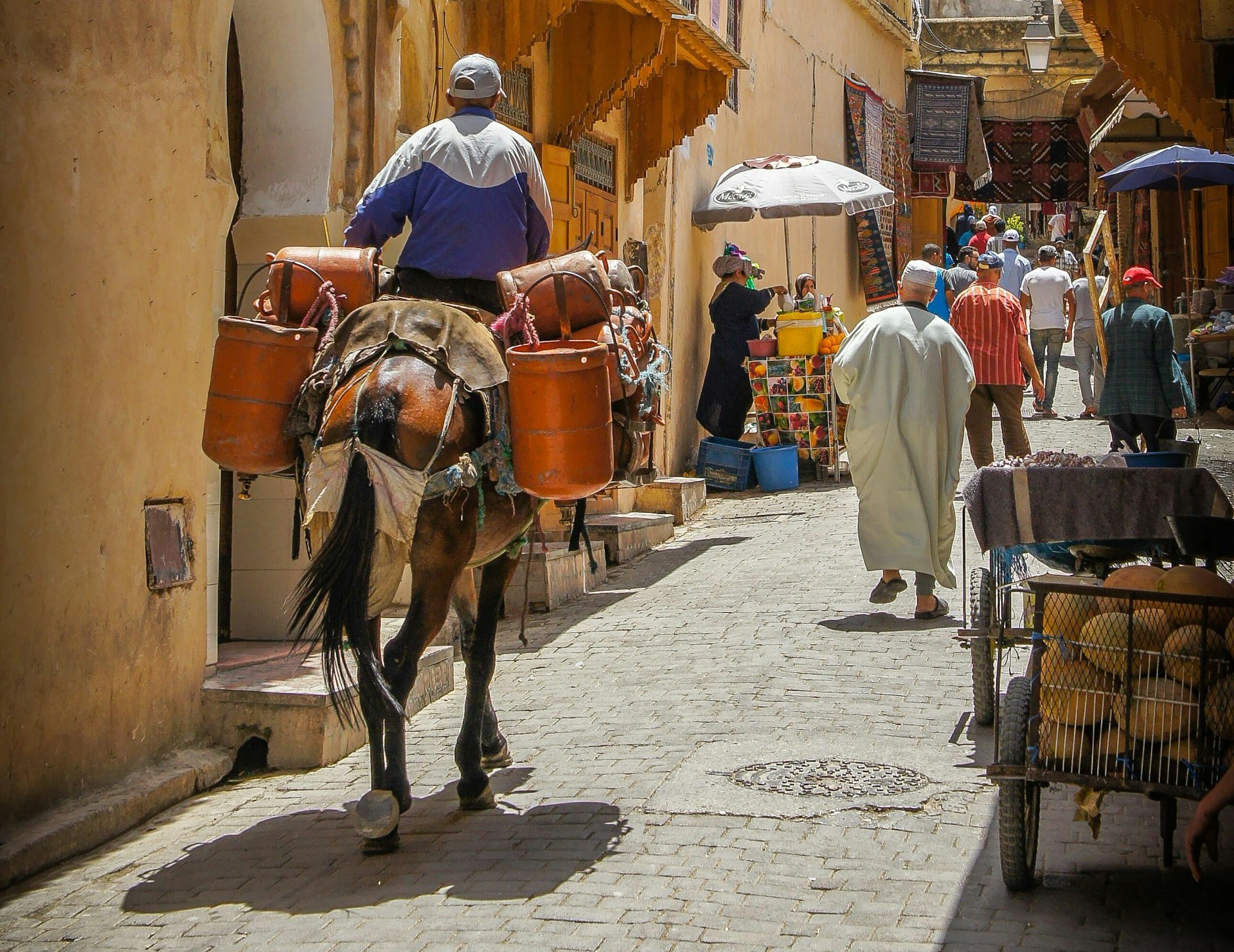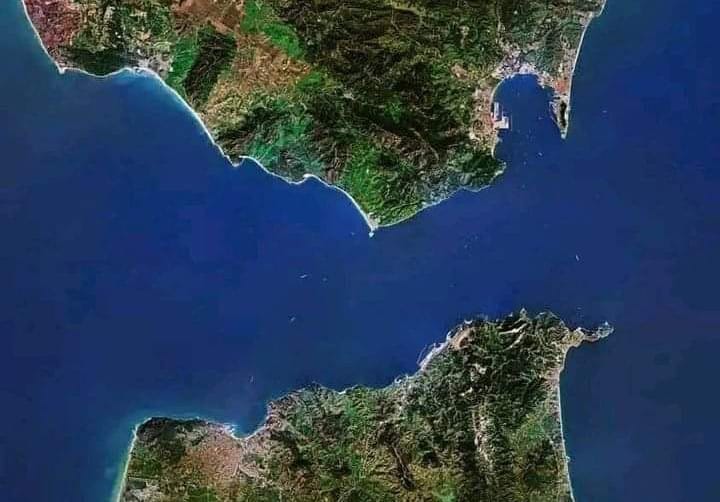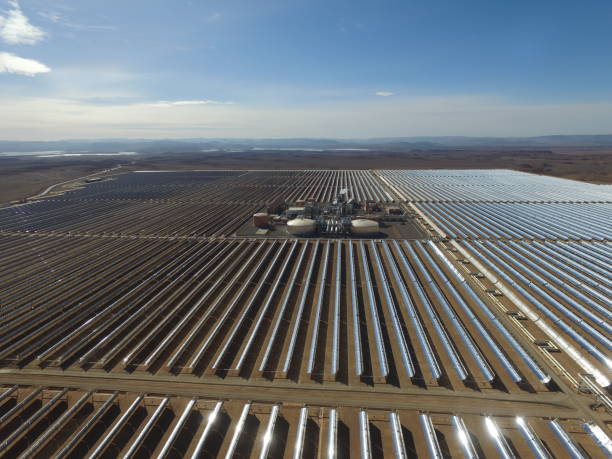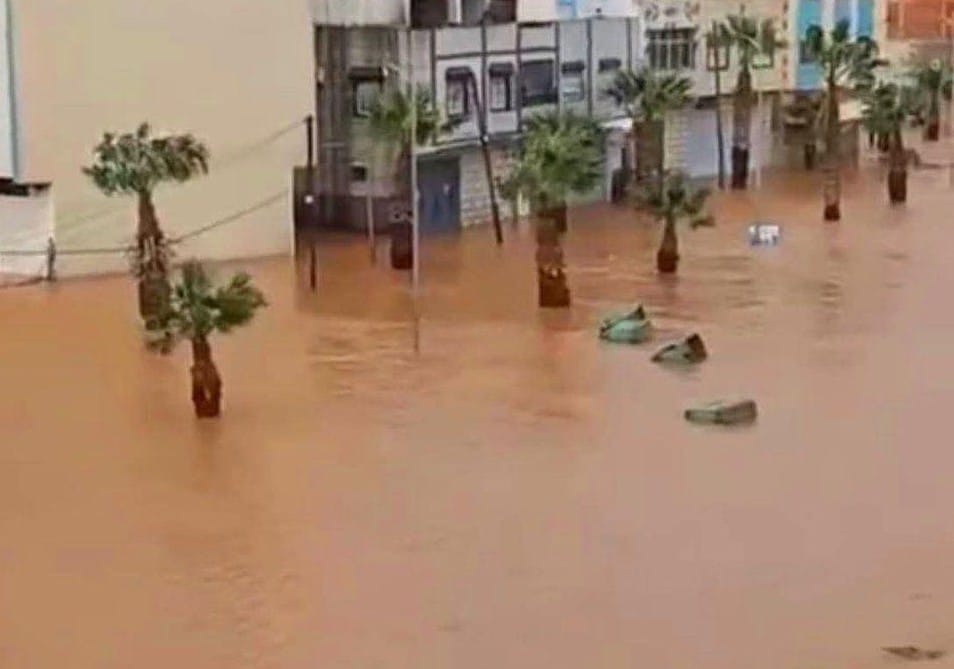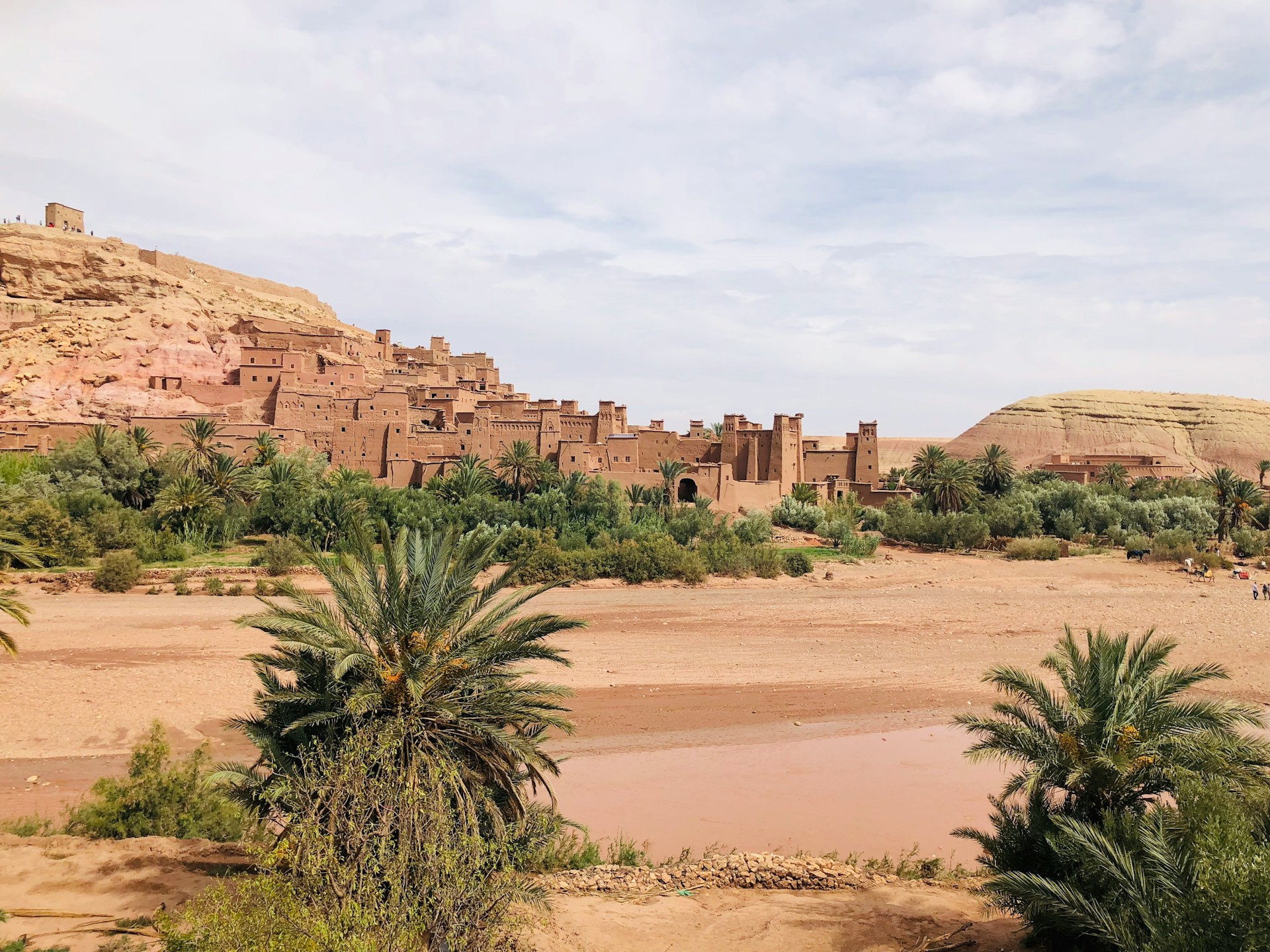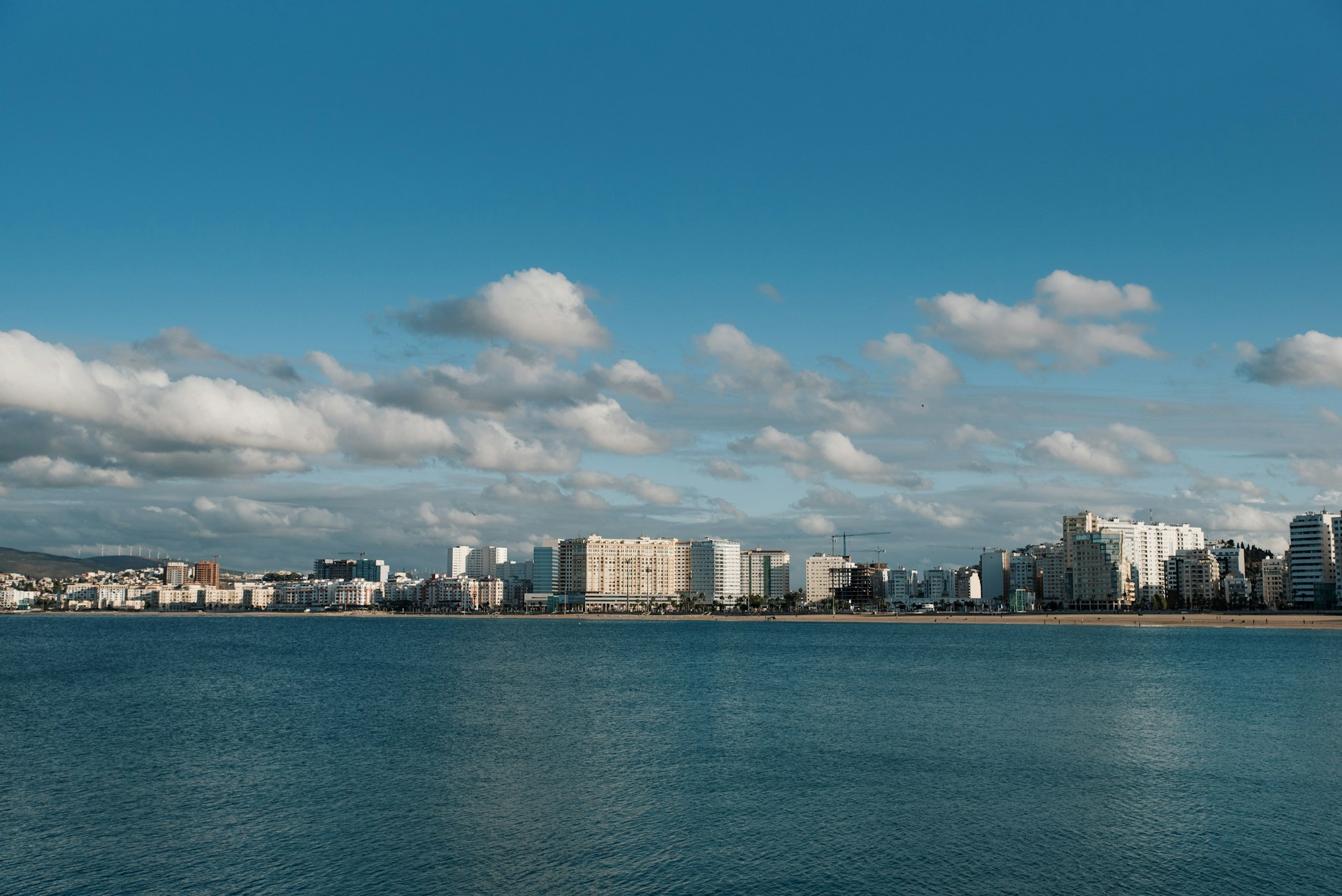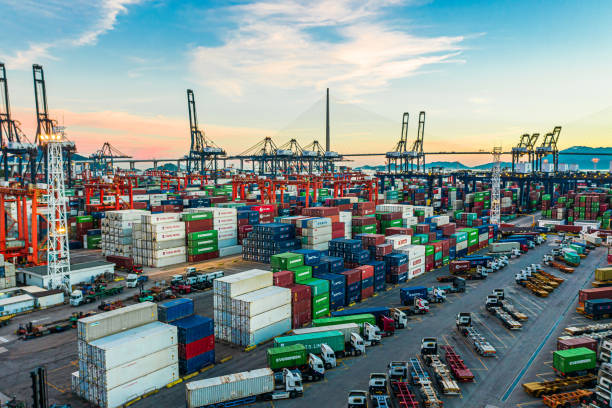Casablanca – In the first quarter of 2025, Moroccan households continue to experience significant financial strain as they grapple with rising living costs and declining purchasing power. The most recent reports from the High Commission for Planning (HCP) paint a picture of a country where a large portion of the population is struggling to meet daily expenses and uncertain about the future.
Financial struggles amidst rising prices
One of the most striking findings from the HCP’s report is the widespread sense of financial insecurity among Moroccan families. According to the data, 80.9% of households reported a deterioration in their standard of living over the past 12 months. Only a small portion, 14.7%, noted stability in their living conditions, while 4.4% experienced improvements. These figures reflect the continuing pressures households face as they try to navigate an economy marked by increasing costs, particularly in essential goods.
The impact of rising prices is most evident in the food sector. A staggering 97.6% of Moroccan households reported that food prices had risen over the past year, and the outlook remains grim. Around 81.6% of households expect food prices to continue increasing in the year ahead, further exacerbating financial stress. This inflation, particularly in basic food items, is severely affecting the purchasing power of households, many of whom are already finding it difficult to cover their basic living expenses.
Income vs. daily expenses
The financial situation of Moroccan households is stark. The HCP reports that 55.8% of households indicate that their income barely covers their daily expenses. As a result, 42% of these households have been forced to deplete their savings or take on debt to manage their daily financial needs. This highlights a growing dependence on borrowed money or savings, rather than sustainable income growth, to maintain a basic standard of living.
In stark contrast, only 2.2% of households report being able to save any portion of their income, further underscoring the lack of financial cushion for the majority of families. The inability to save makes it more difficult for households to weather economic shocks, such as unexpected medical expenses or urgent repairs, leaving many living paycheck to paycheck.
A negative financial outlook
The general sentiment among Moroccan households regarding their financial future is one of caution. The HCP survey revealed that 53.3% of households have seen a deterioration in their financial situation over the past 12 months, while just 4% reported improvements. Looking ahead, 53% of households expect their situation to worsen or remain stable over the next year, reflecting widespread pessimism about the future. Only 14.6% of families are optimistic about a potential improvement in their financial standing over the next 12 months, indicating a strong sense of uncertainty among the general population.
This uncertainty is also reflected in the negative balance of household financial expectations, which stands at minus 49.3 points, showing a deep-seated sense of financial insecurity. Despite this, there remains a glimmer of cautious optimism, with 54.4% of households anticipating no major changes in their financial situation in the coming months.
Challenges to saving and growing debt
The ability to save has become increasingly out of reach for many Moroccan families. Only 11.2% of households expressed confidence in their ability to save part of their income in the next year. This lack of savings is reflected in the sharp negative balance of the saving expectations index, which stands at minus 77.6 points. The situation suggests that most households are struggling to maintain a basic standard of living, let alone put money aside for future needs.
Further complicating the situation is the increasing reliance on borrowing. Many households are turning to loans or credit to cover their day-to-day expenses, signaling a potentially dangerous cycle of debt that could lead to long-term financial instability for some families.
Rising food prices and the strain on household budgets
The ongoing rise in food prices is perhaps the most pressing concern for Moroccan households. With 97.6% of families reporting higher food prices over the last year, the burden on household budgets is clear. The persistence of this inflation is placing more pressure on families’ already stretched finances.
The outlook for food prices remains bleak, with 81.6% of households anticipating further increases. This could lead to even greater hardship for families, particularly for those with limited financial resources. The rising cost of food disproportionately affects low-income households, which spend a higher percentage of their income on essential goods like food.
Economic pressures and government challenges
These financial difficulties highlight the economic pressures facing Moroccan households and the broader challenges for the government. Rising prices, stagnant wages, and the inability to save are creating a cycle of financial insecurity for many families, especially in a country where a significant portion of the population still struggles to access reliable and stable sources of income.
The government now faces the dual challenge of addressing rising inflation, particularly in the food sector, and improving the financial security of households. Without targeted interventions to stabilize prices and support income growth, the strain on Moroccan households is likely to continue. Strengthening the economy, increasing wages, and creating more opportunities for savings are critical for alleviating the financial pressures that continue to affect the majority of the population.
The financial situation of Moroccan households is marked by widespread uncertainty and hardship. With rising costs, stagnant incomes, and limited ability to save, many families are struggling to maintain a basic standard of living. The government will need to implement effective policies to reduce inflationary pressures, improve wage growth, and create an environment where families can plan for their financial futures. Without such measures, the financial challenges facing Moroccan households are likely to persist, affecting the country’s overall economic stability and growth prospects.






